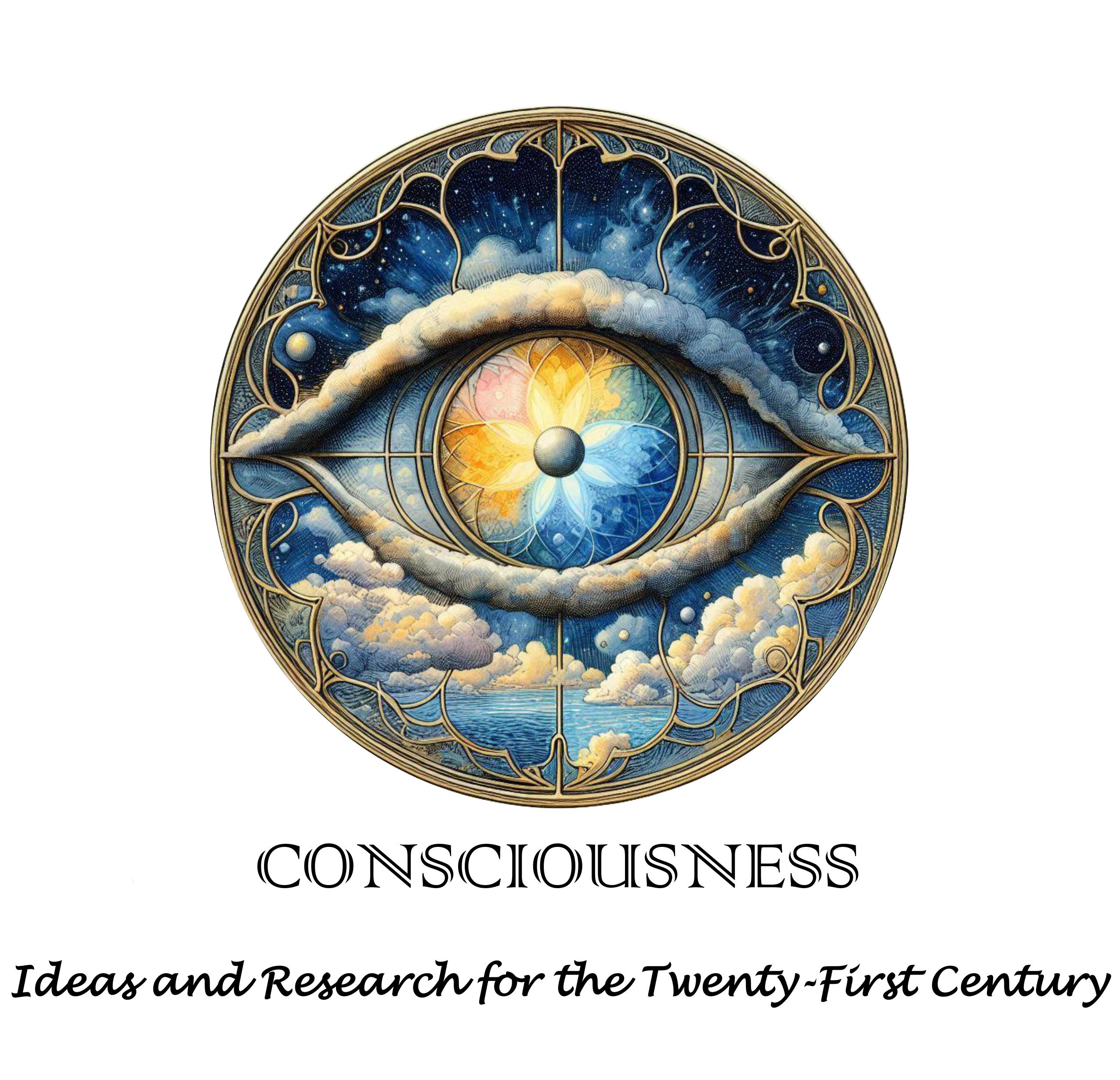
Abstract
Post-materialist ontologies offer a transformed worldview whose implications point toward the illusory nature of the separate self, or ego. Aligned with the literature of mysticism and perennialist spiritual models, this portends a significantly altered backdrop for the practice and discipline of psychotherapy, the underlying premises of which assume a strict existential dichotomy between patient and therapist. Kenneth Wapnick, preeminent scholar of the twentieth-century spiritual document of A Course in Miracles, provides a relevant model toward integrating spiritually-based, ego-negative states within psychotherapy practice. The author studied the lived experiences of eight psychotherapists, both practicing and retired, who practice according to this method. Participants revealed that removing identification with the ego and joining spiritually with clients was the task of primary importance in the psychotherapeutic interaction. This included developing a relationship with the ‘Self’ beyond ego, symbolized as living, inner presence of transcendental love which animated the treatment process and significantly altered therapists’ view of clients, themselves and the ultimate purpose of psychotherapy. These findings potentiate the inclusion of a broadened, spiritually-integrated framework within the therapist-client interaction, in congruence with post-materialist ontologies.
Recommended Citation
Bustos, Nick
(2019)
"Psychotherapy in the Dream: A Phenomenological Exploration,"
CONSCIOUSNESS: Ideas and Research for the Twenty-First Century: Vol. 7:
Iss.
7, Article 2.
Available at:
https://digitalcommons.ciis.edu/conscjournal/vol7/iss7/2
Included in
Clinical Psychology Commons, Cognition and Perception Commons, Cognitive Psychology Commons, Other Life Sciences Commons, Other Neuroscience and Neurobiology Commons, Philosophy Commons, Psychiatry and Psychology Commons, Quantitative, Qualitative, Comparative, and Historical Methodologies Commons, Social Psychology Commons, Social Psychology and Interaction Commons, Sociology of Culture Commons, Sociology of Religion Commons, Transpersonal Psychology Commons


